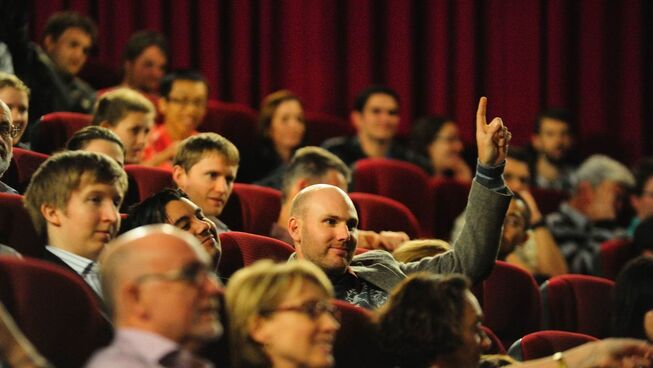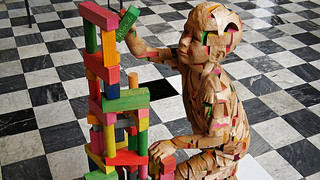Is Krauss right? Isaac Newtown does not think so


Historically one of the foundation stones of science was the Christian rejection of a priori principles.
Lawrence Krauss on an ABC online post wrote
'But science has taught us to think the unthinkable. Because when nature is the guide - rather than a priori prejudices, hopes, fears or desires - we are forced out of our comfort zone. One by one, pillars of classical logic have fallen by the wayside as science progressed in the twentieth century'
However the rise of the scientific paradigm of empirical observation was not a result of 'nature as a guide' historically overturning the a priori principles (principles and knowledge gained by deductive reasoning rather than empirical evidence. It is a latin phrase that means “from what is before”). Rather it was a result of overturning the a priori principles about the nature of humanity’s ability to grasp the world accurately.
Greek and Aristotelian thinking, which dominated the thinking landscape for over 1000 years, assumed that the human mind could accurately grasp nature. Famously, Aristotle predicted that two objects of different weight would fall at a different speed. This was his rational understanding but he never tested his rational understanding with empirical experimentation because of his a priori assumption about his rational ability. It wouldn’t have been hard to walk to the nearest cliff and test his belief, but he never did.
This all changed under Robert Boyle, Isaac Newtown and others. Their thinking gave rise to the scientific paradigm as we now know it – rational empiricism. And what was the turning point? It was a rejection of the a priori idea that human beings, by purely rational thought, could think their way to truth. Rather they had to test their hypothesis. Empiricism was needed.
And what gave rise to this new thinking? It was the understanding that God was free. God was not governed by immutable laws but that he could voluntarily do what he liked according to his character. And since He is free and we are not him but are separate agents, we must think and observe and test to see what He has done. We don’t know how God has made nature but we can investigate it. We expect there to be coherence and rationality because of who God is but he is free.
Let me quote the 2nd edition of Isaac Newtown’s Principia to show his thinking:
‘Without all doubt this world...could arise from nothing but the perfectly free will of God... From this fountain (what) we call the laws of nature have flowed, in which there appear many traces indeed of the most wise contrivance, but not the least shadow of necessity. These therefore we must not seek from uncertain conjectures, but learn them from observations and experiments. He who is presumptuous enough to think that he can find the true principles of physics and the laws of natural things by the force alone of his own mind, and the internal light of reason, must either suppose that the world exists by necessity, and by the same necessity follows the laws proposed or, if the order of Nature was established by the will of God, that himself, a miserable reptile, can tell what was fittest to be done.’ (Cited from Religion and the Rise of Modern Science by Hooykaas page 49).
Was it science that taught us to think the unthinkable or was it an understanding of the nature of God that gave rise to science so we could think the unthinkable?
Image from flickr.com/photos/epsos/

